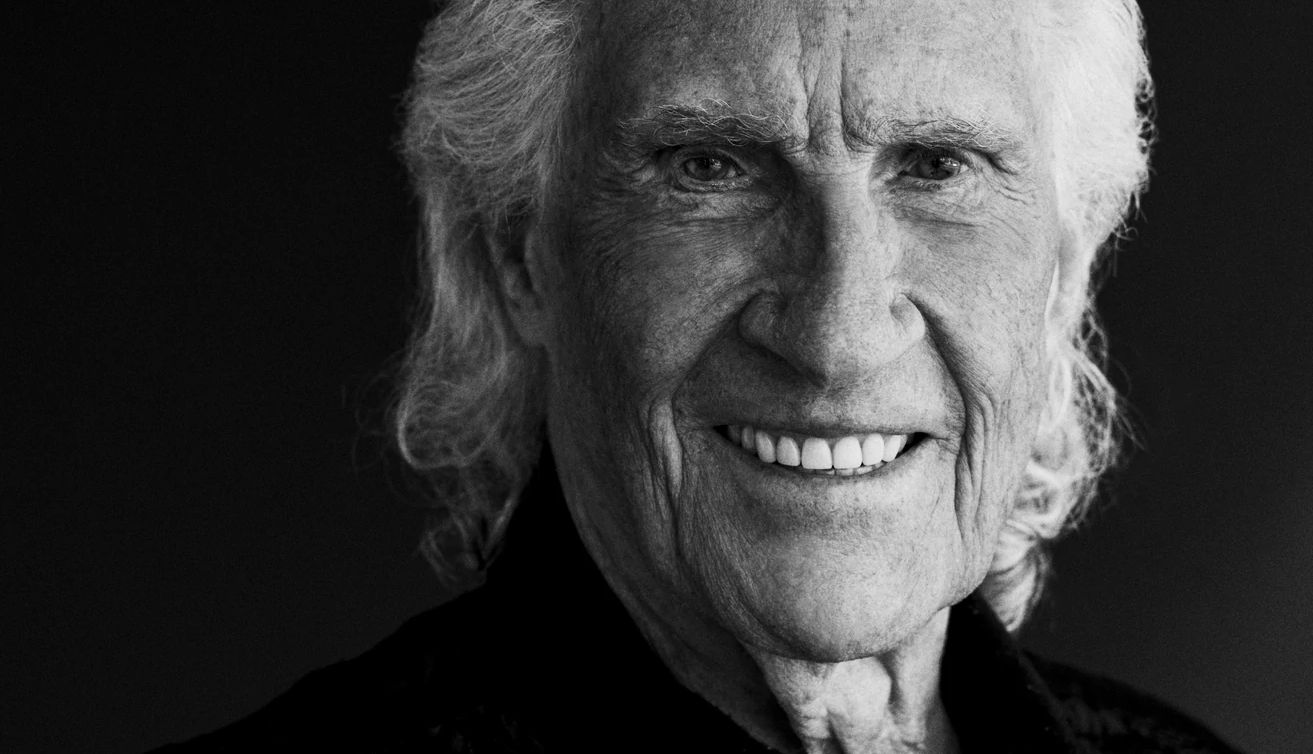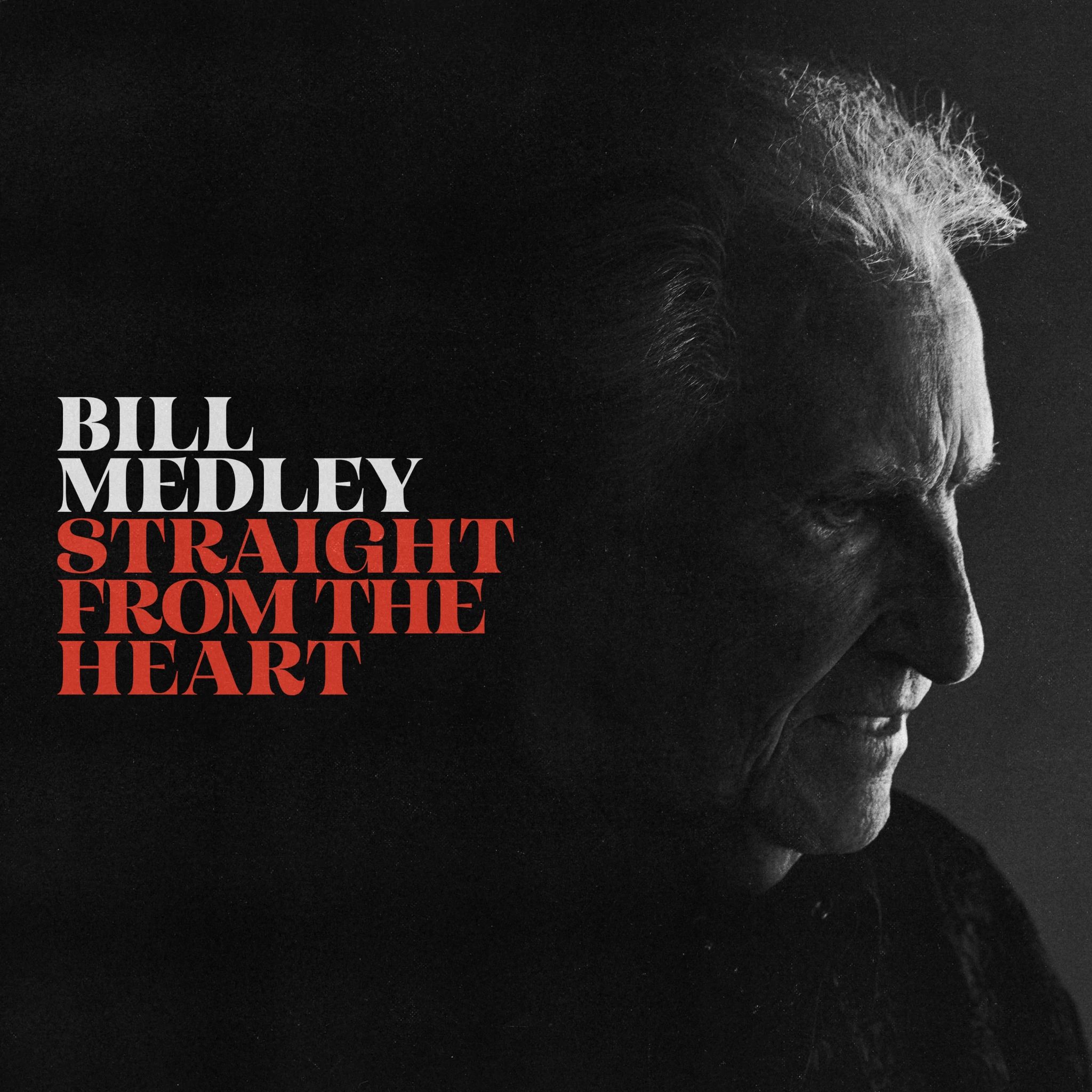AARP Hearing Center


More than 60 years ago, Bill Medley, now 84, secured a place in music history as one half of the Righteous Brothers. Today, new chapters keep coming.
His latest album, Straight from the Heart, a foray into country music, showcases his rich baritone and pays tribute to such classics as George Jones’ “He Stopped Loving Her Today,” Kris Kristofferson’s “Sunday Mornin’ Comin’ Down,” Hank Williams’ “I’m So Lonesome I Could Cry” and Ray Charles’ “Crying Time.” He links voices with guests Vince Gill, Michael McDonald, Keb’ Mo’ and Shawn Colvin.
Growing up, Medley’s first musical love was R&B, but the Southern California native also was drawn to country, initially through Cal’s Corral, a local Sunday TV music revue show.
Medley and Bobby Hatfield formed the Righteous Brothers in 1963 and inspired the term “blue-eyed soul” with such hits as “(You’re My) Soul and Inspiration,” “Rock and Roll Heaven” and “Unchained Melody,” which shot up the charts in 1965 and again in 1990 thanks to its inclusion in the movie Ghost. “You’ve Lost That Lovin’ Feelin,’” their gigantic Wagnerian signature hit produced by Phil Spector and released in December 1964, was designated the most played recording of the 20th century by music licensing organization BMI in 1999.
The duo split, reunited then ended when Hatfield died in 2003. Both had solo careers, and Medley topped the charts in 1987 with “(I’ve Had) The Time of My Life,” his duet with Jennifer Warnes from the Dirty Dancing soundtrack.
When not on the road, Medley lives in Newport Beach, California. He spoke from Las Vegas, where the reconstituted Righteous Brothers, with Bucky Heard subbing for the late Hatfield, frequently perform in residency at the South Point Casino.


Most of your records have been R&B or pop, but country music seems like a natural fit.
I always loved the heart and soul of country songs, especially ballads. Kenny Rogers pulled me into Nashville in 1978. I went back in the ’80s and had a country hit with “I Still Do.” And I was an opening act for Alabama, Glen Campbell, Kenny Rogers and Loretta Lynn. I love country for its simplicity. I’m a simplicity guy. Basically, I’m a rhythm and blues singer, but the best blues you can do is those country ballads. They’re very soulful. Now that I’m 84 and have been married four times, this album is my life. I’ve had real highs and lows.
Country music is loaded with classics. How hard was it to narrow your choices?
Very difficult. My producer, Fred Mollin, who’s been on me for years to do this, made a list, and I made a list, and we argued it out to come up with 15 songs. This may be the last album I ever do, and I said I’m only doing songs that emotionally touch me. It’s directly from the heart.






































































You Might Also Like
Movies for Grownups Awards 2025: Meet the Winners!
AARP honors 2024’s finest film and TV achievements by talents 50+
Drew Barrymore on Her ‘AARP The Magazine’ Cover: ‘It’s So Beautiful!’
Behind the scenes as the star joins what she calls the ‘cool-kids club’ of 50-plus Americans
The 75 Most Unforgettable Moments in TV History
Celebrate the 75th anniversary of the Emmy Awards by remembering these events and shows